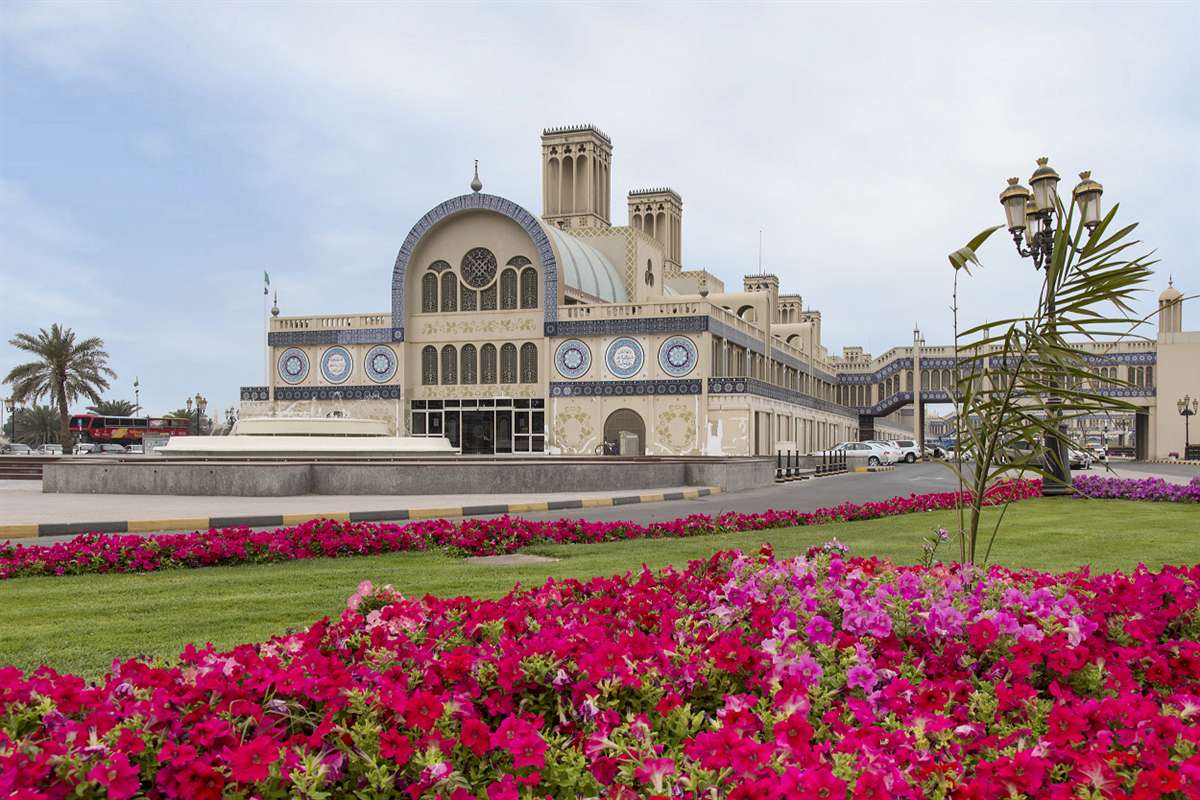Luxury travel is a segment of most destinations’ tourism industries. However, there are few destinations where luxury travel constitutes the key segment of a destination’s appeal. The United Arab Emirates (UAE) has staked its claim in the global tourism market as a high-end getaway, in large part because of its dramatic construction projects like the Burj Khalifa, the world’s tallest building, or the Palm Jumeirah, an artificial archipelago in the shape of a palm tree and home to thousands of luxury villas. China’s ever-growing number of outbound tourists have made the country a key new target for the UAE. While the average spending-power of Chinese tourists is substantially lower the tourists the country attracts from its neighboring Gulf countries or Europe, the UAE’s original pitch to China hasn’t been altered much.
The marketing of the UAE in China has largely revolved around targeting a Chinese equivalent to the high-end segments that the UAE attracts from developed countries, with a heavy emphasis on the country’s theme parks, high-end shopping malls, luxury hotels, and so on. Dubai, in particular, is the most significant destination within the country in terms of international profile and arrivals. The previously mentioned Burj Khalifa and Palm Jumeirah are both located in Dubai.
There are some substantial differences, however, in the marketing and outreach efforts for the China market. One advantage that the UAE has is its ability to sell itself as a shopping destination more effectively in the Chinese market than in Western markets. While prices for luxury goods are necessarily cheaper in the UAE compared to Europe, they are still substantially cheaper than prices in China.
The country’s airports have attempted to tap into the flow of Chinese tourists to and from Europe to make duty-free sales. Dubai Duty Free, for example, recently finalized a partnership with Ctrip. The country also boasts one of the world’s largest mall’s, The Dubai Mall. Still, this isn’t enough to set the UAE apart in China as a unique vacation spot from major European destinations, or even Singapore and Japan.
In the West, the UAE’s reputation as an architectural and luxury wonderland in the Middle East is widely accepted. In China, on the other hand, the UAE is simply not as well-known. Targeting a specific, high-end market segment can be hard. In China, this is often doubly challenging.
Dubai has been an early-adopter of digital tools promoted by companies like Alibaba and Tencent
UAE officials and officials in the countries various emirates have responded by casting as wide a net as possible. Dubai was one of the first cities in the world to get a WeChat CityExperience mini-program, an interactive city guide available through the WeChat messaging and social media app. In May, the emirate inked new deals with Alibaba, Huawei, and Tencent, all at once. These new deals would see content promoting Dubai on Alibaba’s youth-oriented OTA, Fliggy; pre-loaded Dubai promotional material on Huawei phones; and the Tencent partnership includes increased marketing on WeChat and efforts to expand acceptance of WeChat Pay, Tencent’s mobile payments platform.
Dubai is by far the biggest draw for the growing number of Chinese tourists traveling to the UAE. 91 percent of Chinese tourists to the UAE traveled to Dubai in 2017.
However, that doesn’t mean that other emirates aren’t making efforts to reach out the Chinese market. At this spring’s ITB China travel exhibition in Shanghai, the UAE delegation included representatives from both Abu Dhabi and Sharjah. Abu Dhabi, in particular, is emphasizing the presence of the Louvre Abu Dhabi, in a bid to market the city as a cultural destination worthy to be on the itineraries of Chinese tour groups.
Abu Dhabi is attempting a cultural pitch in the Chinese market with the help of the Louvre Abu Dhabi
Still, the UAE isn’t simply pursuing tourism via partnerships with Chinese firms or merely sending tourism delegations. Beyond the emirate-specific efforts of Dubai, Abu Dhabi, and Sharjah. The country has introduced visa-free travel for Chinese citizens and has made tourism a major component of bilateral diplomatic talks between the UAE and Chinese leaders. To coincide with the recent visit of Chinese President Xi Jinping, Emaar Properties announced that it would be building the largest “Chinatown” shopping complex in the Middle East in Dubai and expand its hotel brand, Address, across China.
For China, expanding a tourism relationship with the UAE is a pragmatic move. China is becoming increasingly dependent on oil imports, and tourism helps strengthen ties to keep this key energy source via the UAE available. However, it also serves to further convince leaders in the Emirates that participation in Chinese-lead initiatives, particularly the Belt and Road Initiative, will bring concrete financial gain to the country.
Sharjah, UAE’s most prominent cultural hubs for Chinese tourists
In recent years, Sharjah Commerce and Tourism Develop Authority has started to launched marketing campaigns in Chinese market, including promotional tours, business visits, digital marketing promotion, as well as participating in travel and tourism exhibitions and conferences in China, which is to attract Chinese travellers, and promote the latest on Sharjah’s tourism sector, and enhance the emirate’s brand and profile in China.
